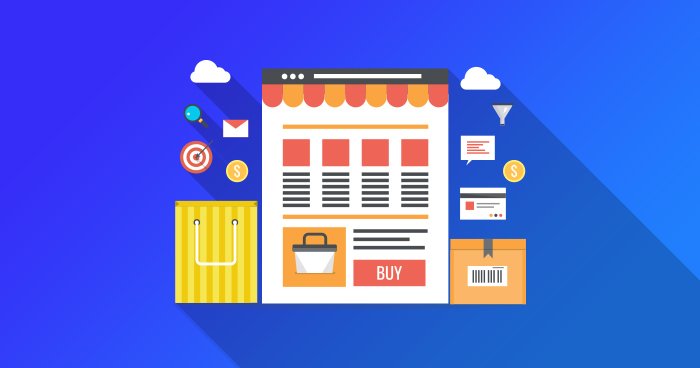
The internet serves as an endless repository of knowledge, entertainment, and creativity. YouTube, one of the most popular platforms on the web, hosts an astonishing array of videos, ranging from educational tutorials and music videos to documentaries and vlogs. However, despite the vast expanse of content available, accessing it isn’t always straightforward. Internet connectivity issues, regional restrictions, or simply wanting to watch offline can present obstacles to enjoying YouTube videos to their fullest.
Enter YouTube video downloaders, a tool that has become increasingly popular among users seeking to overcome these limitations and unlock the full potential of online content. These software applications or online services allow users to download YouTube videos onto their devices, enabling offline viewing, archiving favorite videos, and even extracting audio tracks for listening on the go. However, the use of such tools raises questions about legality, ethics, and the impact on content creators and copyright holders.
First and foremost, it’s essential to address the legality of downloading YouTube videos. While YouTube’s terms of service explicitly prohibit downloading videos without permission from the content creator, the legal landscape surrounding this issue is complex and varies by jurisdiction. In some countries, downloading videos for personal use may fall under fair use or private copying exceptions to copyright law. However, redistributing downloaded videos or using them for commercial purposes without permission is almost universally considered illegal. Therefore, it’s crucial for users to understand the legal implications of their actions and exercise caution when using YouTube video downloaders.
Ethical considerations also come into play when discussing the use of YouTube video downloaders. Content creators invest time, effort, and resources into producing videos for their audience, and downloading their content without permission can undermine their ability to monetize their work through advertising revenue or other means. Moreover, downloading videos without supporting the creator deprives them of valuable feedback, engagement, and recognition for their efforts. Therefore, users should weigh the ethical implications of downloading videos and consider supporting content creators through legitimate channels such as subscribing to their channels, sharing their videos, or contributing to crowdfunding campaigns.
Despite these concerns, YouTube video downloaders offer several legitimate use cases that can enhance the viewing experience for users. For instance, downloading videos for offline viewing can be invaluable for individuals with limited internet access or those traveling to areas with unreliable connectivity. Educational institutions may also use video downloaders to curate collections of instructional videos for offline use in classrooms or remote learning environments. Additionally, archiving videos for personal reference or research purposes can help preserve valuable content that may be subject to removal or copyright restrictions in the future.
Moreover, YouTube video downloaders can serve as a workaround for users facing regional restrictions or content blocking. In some cases, certain videos may be unavailable in specific countries due to licensing agreements or censorship laws. By downloading these videos, users can bypass such restrictions and access content that would otherwise be inaccessible to them. While this practice may raise legal and ethical concerns, it highlights the tension between content availability and regulatory constraints in the digital age.
YouTube video downloaders offer a means of unlocking online content and enhancing the viewing experience for users. However, their use raises important legal, ethical, and practical considerations that must be carefully weighed by individuals and organizations. By understanding the legal implications, respecting content creators’ rights, and using these tools responsibly, users can enjoy the benefits of offline viewing while minimizing potential harm to creators and copyright holders. Ultimately, striking a balance between accessibility, innovation, and respect for intellectual property rights is essential in navigating the evolving landscape of online content consumption.






